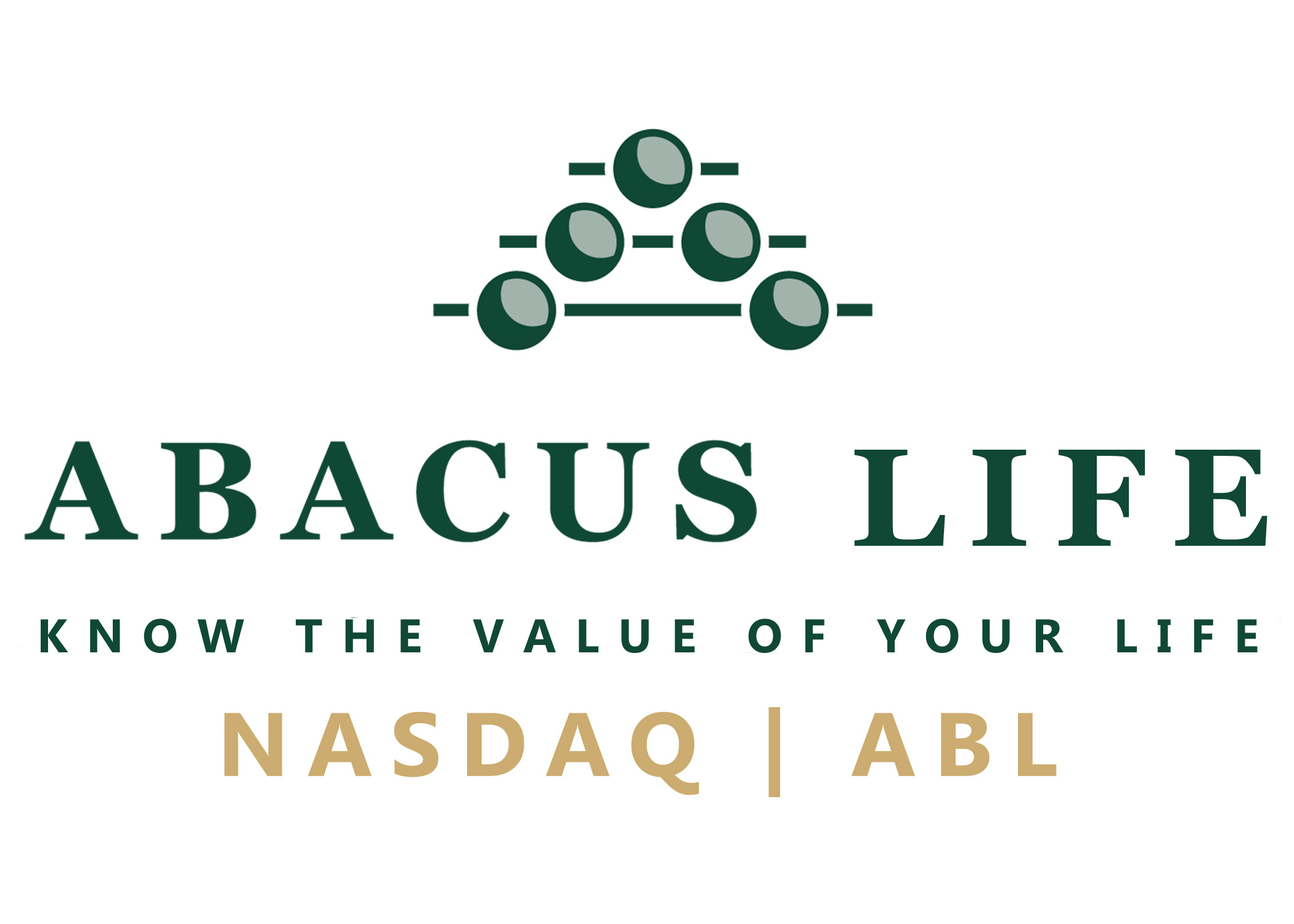What’s in Your Retirement Account?
The likely answer is “not enough”
Retiring is a major goal for most Americans. As the retirement age now edges toward 66 and older, seniors are searching for new ways to reach their financial goals. For Baby Boomers hoping to retire in the next few years, it’s worth taking a careful look at the funds set aside for the future.
Are We Really Facing a Retirement Crisis?
The Wall Street Journal recently published an opinion piece suggesting that Americans are not facing a retirement emergency. Reactions were mixed, but many experts disagreed.
Diane Oakley, executive director of the National Institute on Retirement Security, has cited data showing that the median retirement account balance for American households a decade ago was effectively zero, with fewer than half of families holding retirement accounts.¹
Circumstances have improved slightly, but the gap remains significant. In 2024, Vanguard reported that while the average retirement account balance reached roughly $148,000, the median was just over $38,000—revealing how a small share of high savers skews the averages upward.² Nationally, the median household retirement savings is closer to $195,000, but one in three households still has no savings at all.³
Among 401(k) accounts in 2025, the average balance sits at about $110,000, while the median is only $35,000, a figure too low to provide long-term stability.⁴
Is It Normal to Not Have Retirement Savings?
Unfortunately, yes. A significant share of Americans have little to nothing put aside, and the gap widens across generations.
The median retirement savings for Baby Boomers is about $270,000, while Generation X trails at $107,000, Millennials average $65,000, and Gen Z is just beginning with a median of $31,000.⁵
Even among those in their 50s and 60s—closest to retirement—the divide is stark. Empower data from 2025 shows the average nest egg approaching $1 million, but the median ranges between $440,000 and $540,000. Rising health care costs, housing expenses and longer lifespans quickly erode those amounts.⁶
Can Social Security Fill the Gap?
Social Security provides some relief, but not nearly enough.
The average benefit in 2025 is around $1,900 per month, or about $23,000 annually.⁷ That figure is insufficient to support a comfortable retirement. At the same time, the Social Security trust fund is projected to face a shortfall within the next decade.⁸
It’s no surprise that more Americans over 65 remain in the workforce. More than 11 million older adults are still employed, often out of necessity rather than choice.⁹
What’s Really Driving the Retirement Gap?
It’s not fair to place the burden entirely on Baby Boomers or their spending choices. Between 1990 and 2010, discretionary spending on restaurants, home goods and clothing actually declined among older adults.¹⁰
The real challenge is structural. The shift from guaranteed pensions to individual 401(k) plans has placed far more responsibility on workers, many of whom lacked the income to build significant balances. Layer in rising medical costs, inflation and uncertainty around Social Security, and it becomes clear why so many Americans are struggling to make savings last.¹¹
The Life Settlement Option
One potential but often overlooked solution is the life settlement option.
A life settlement is the sale of an existing life insurance policy for more than its cash surrender value but less than its death benefit. Once sold, ownership transfers to a licensed third party, such as Abacus Life, which assumes responsibility for future premiums and collects the death benefit when the policy matures.
For the policyholder, it’s a one-time transaction that provides an immediate lump sum of cash, with no repayment obligation. This can help seniors supplement inadequate retirement accounts, cover medical expenses or increase financial flexibility.¹²
Retirement Doesn’t Have to Be Out of Reach
Retirement does not have to feel impossible, even with limited savings. Abacus Life helps individuals understand their financial options and unlock the hidden value in life insurance policies.
If selling all or part of a policy makes sense, Abacus provides a fair market offer and explains how the value is determined. Once a policyholder moves forward, they receive a cash payment that belongs entirely to them, while Abacus assumes all obligations tied to the policy.¹³
Taking the Next Step
If your retirement savings aren’t where you hoped, a life settlement could help close the gap. For more information, visit Abacus Life’s Learning Center or contact a professional to walk through your options.
With the right planning and resources, retirement dreams can still become reality.
- National Institute on Retirement Security, 2013.
- Vanguard, “How America Saves 2024,” 2024.
- Federal Reserve, “Survey of Consumer Finances,” 2024.
- Fidelity Investments, “Q1 2025 Retirement Analysis,” 2025.
- Transamerica Institute, “Retirement Survey,” 2025.
- Empower, “Retirement Preparedness Report,” 2025.
- Social Security Administration, “Monthly Statistical Snapshot,” 2025.
- Congressional Budget Office, “The Outlook for Social Security,” 2024.
- Bureau of Labor Statistics, “Employment Situation of Older Workers,” 2025.
- Bureau of Economic Analysis, “Consumer Spending Patterns by Age,” 2011.
- National Institute on Retirement Security, “Retirement in America: Crisis or Opportunity,” 2023.
- Abacus Life, “Life Settlement Industry Overview,” 2025.
- Abacus Life, “Policyholder Resources,” 2025.





